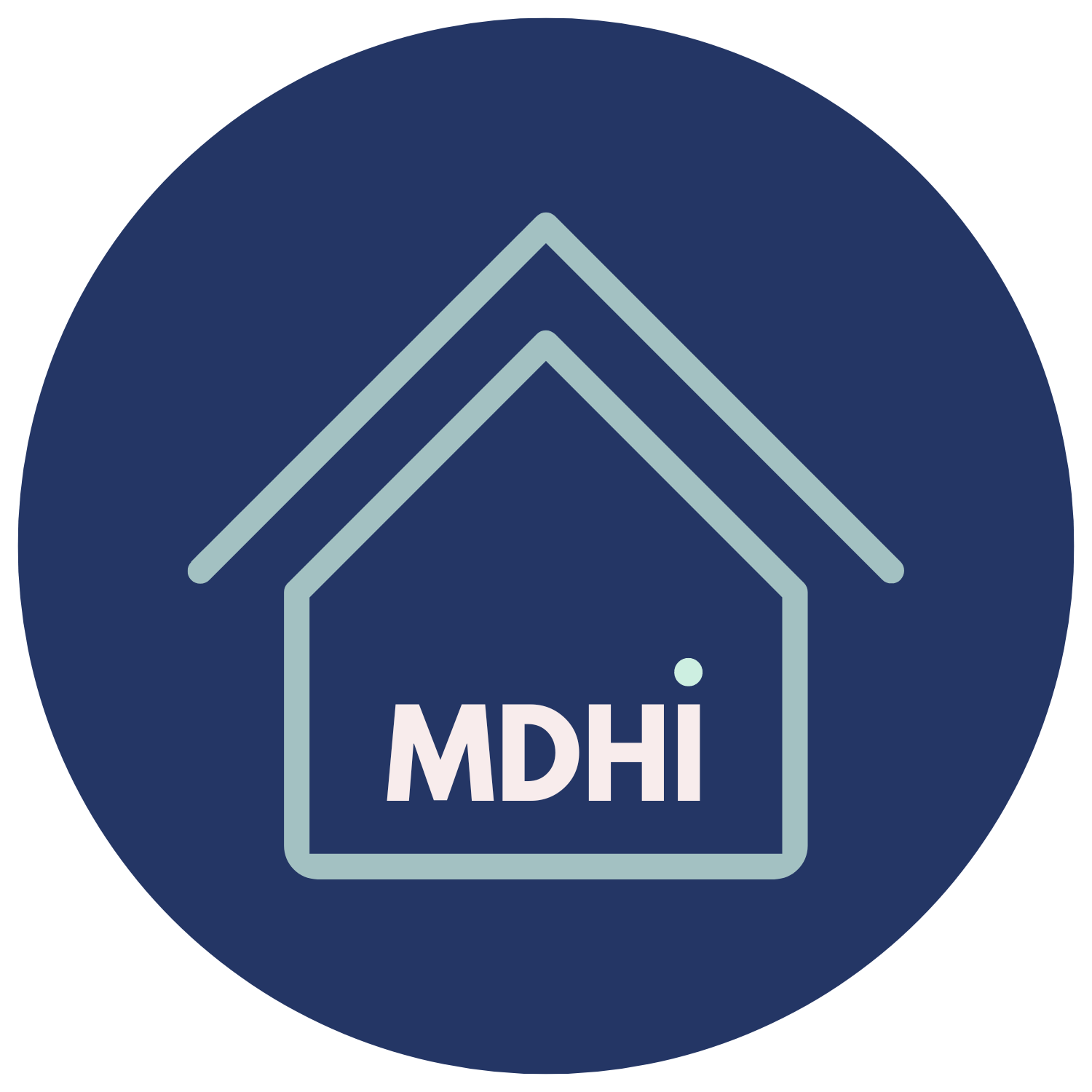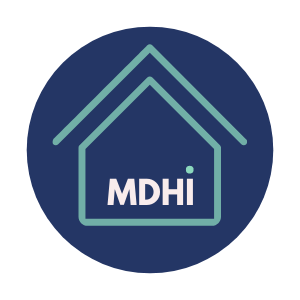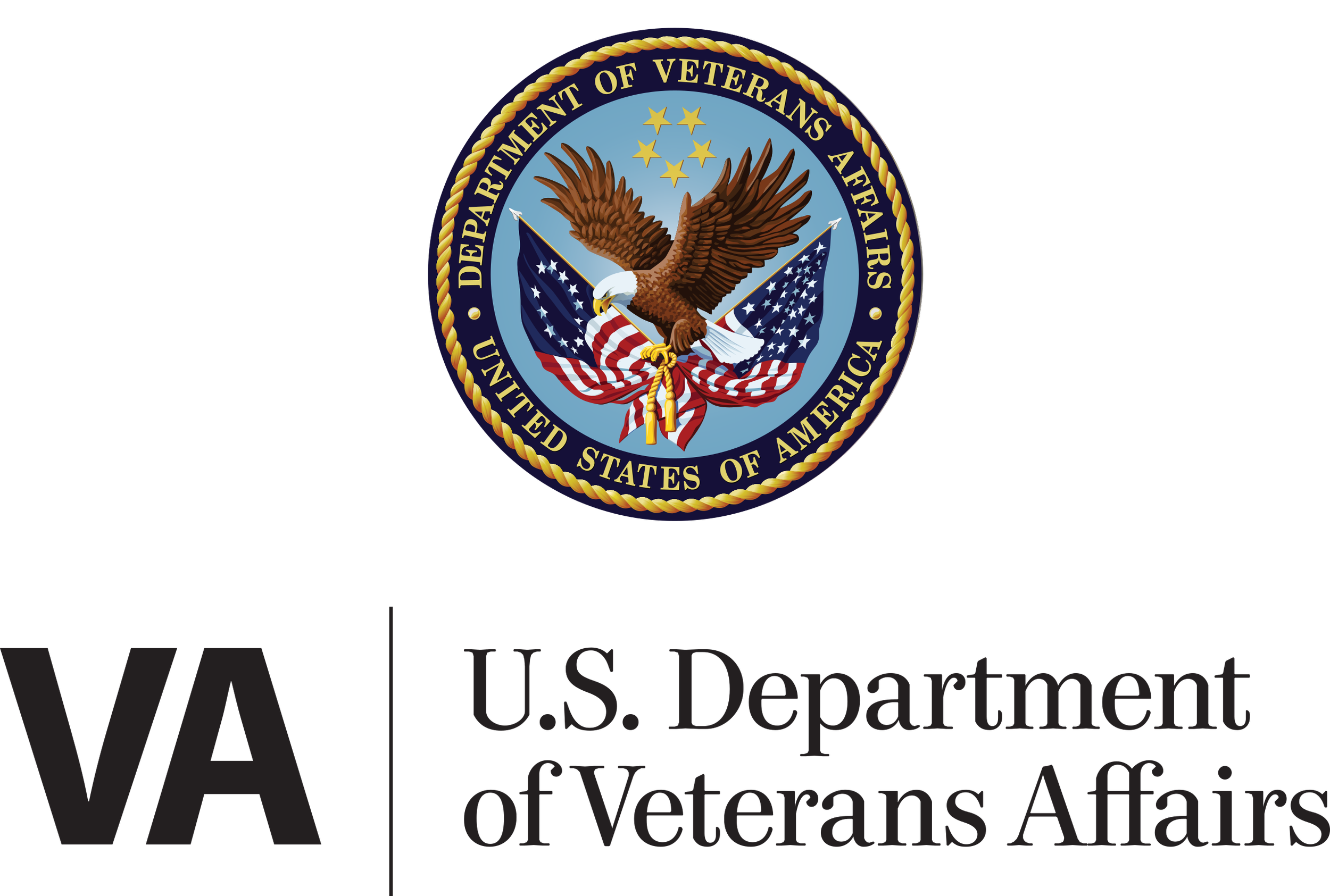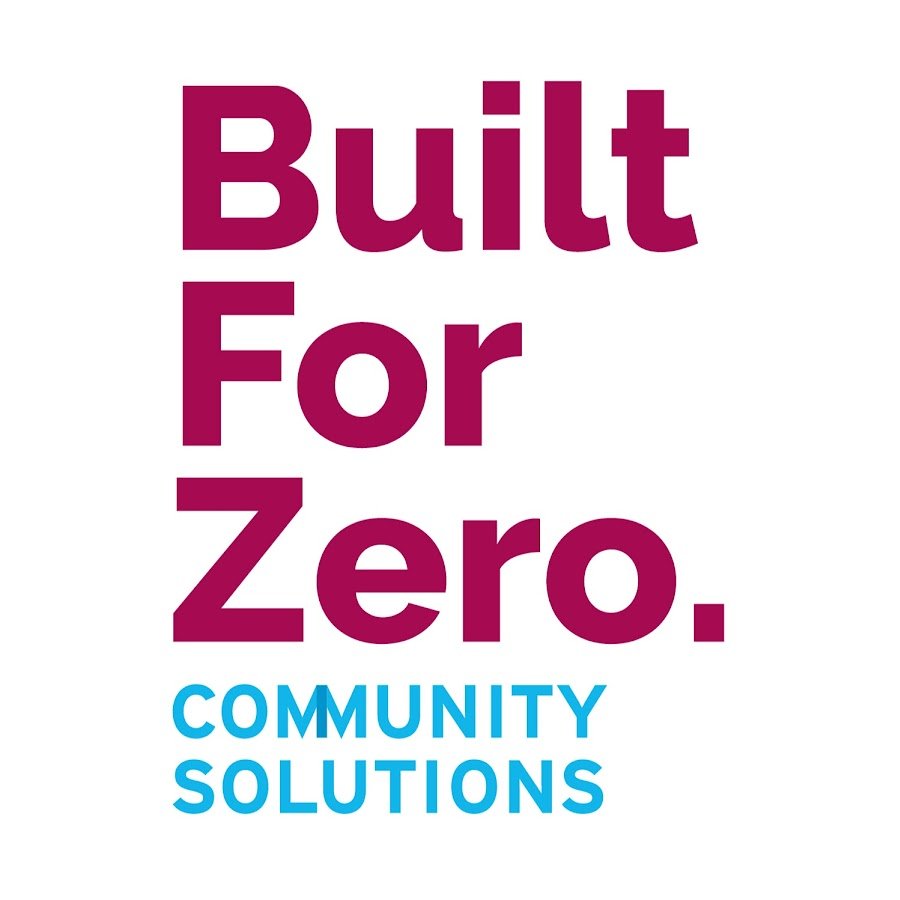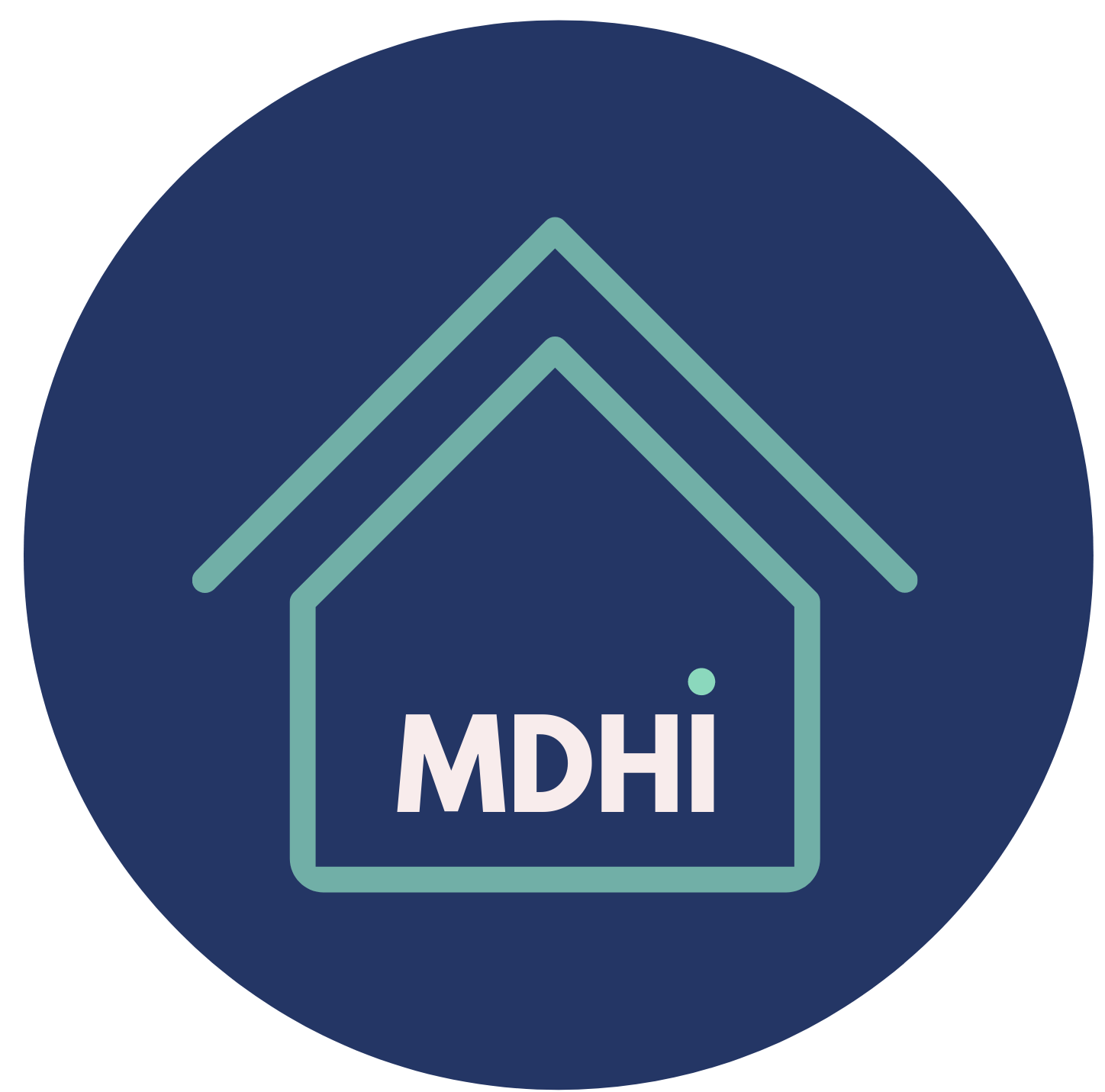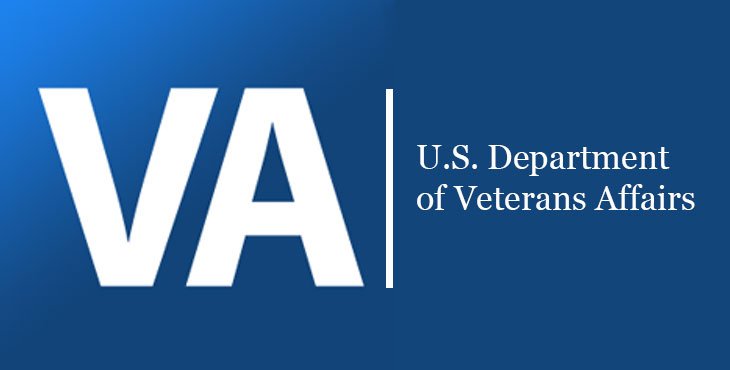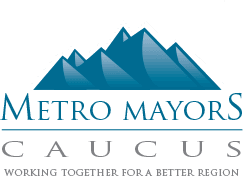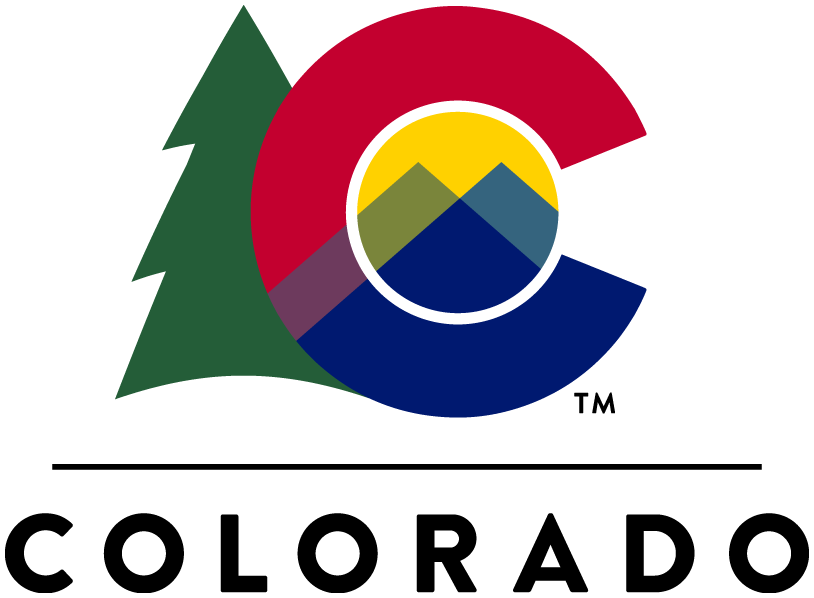Regional Homelessness Updates
We serve Adams, Arapahoe, Boulder, Broomfield, Denver, Douglas, and Jefferson Counties
Categories
All | Coordinated Entry | Funding | HMIS | PIT Count | Press Release | Regional/BFZ | Reports | Training
Member Highlight: Denver Indian Family Resource Center
Denver Indian Family Resource Center (DIFRC) was founded to address the critically unmet need for culturally responsive services. They have been dedicated to addressing the overrepresentation of Native children being removed from their families, home, community, and culture through direct services and systems change efforts.
This Native American Heritage Month, we’re exploring the impact of culturally-inclusive programs and services with a local Native-led and serving organization that has been authentically leading this work since 2000. Denver Indian Family Resource Center (DIFRC) was founded to address the critically unmet need for culturally responsive services. They have been dedicated to addressing the overrepresentation of Native children being removed from their families, home, community, and culture through direct services and systems change efforts. DIFRC has become a trusted community resource because of the way they meaningfully support Native community members and organizations with child welfare or resource-related questions.
DIFRC recognizes that the extended family is the heart of American Indian life. Honoring the tradition of strong American Indian/Alaska Native (AI/AN) families drives DIFRC’s work. Thus, DIFRC strives to help families create a safe, healthy, and supportive home environment where children are nurtured and can remain connected to their culture. DIFRC offers culturally appropriate services to families built upon traditions that have sustained Indian tribes, communities, and families for centuries. DIFRC acknowledges and honors the tribal diversity in the urban Indian community of which it is a part and treats every child and family member with dignity and respect, regardless of tribal affiliation, degree of cultural or tribal connectedness, enrollment status, or family knowledge of Native lineage or tribal background.
Culturally-Centered and Impactful
Denver Indian Family Resource Center offers Family Services, Housing Services, the Nurturing Parenting Program, Basic Needs Services, the Seven Stars Collaborative, the Wakanyeja Waka Youth Program, and more. Their mission is to strengthen vulnerable AI/AN children and families through collaborative and culturally-responsive services.
In 22 years, DIFRC has provided services to 2,000 families and more than 3,000 children. Of these families, nearly 89% had positive permanency outcomes, much higher than the national average of 54%. As of 2022, DIFRC has successfully reunified and preserved nearly 90% of all AI/AN families in these services. DIFRC has also been instrumental in reducing the overrepresentation of AI/AN children entering area foster care by 162%.
“Denver Indian Family Resource Center has played an important role in mine and my children’s lives. When we had open cases with the Department of Human Services, they were there to support us through the difficult process of getting out of a domestic violence situation and beginning the journey of healing. They have stood by my family every step of the way, whether it was through encouragement, planting seeds of self-belief, or listening to the hardships we have faced and helping me to work through those issues. Denver Indian Family Resource Center will always be in my family’s lives because of the amazing help and knowledge they have given us. Thank you DIFRC!”
The Nurturing Parenting Program blends traditional Native American beliefs and practices with the national Nurturing Parenting Program curriculum. This type of culturally inclusive service is critical to supporting healthy family development in our community in a way that aligns with a family’s AI/AN culture and values rather than imposing Western ideals and beliefs. Their cultural responsiveness is what drives the long-term success of DIFRC and its client families. In 2021, a total of 274 parenting services (equivalent to 293 individual services) were provided in the parenting and adult education category to a total of 52 families:
Nurturing Parents/Nurturing Parents Prenatal: 127 (43.35%)
Home Visits: 94 (32.08%)
Supervised Visitation: 29 (9.9%)
Court Advocacy: 21 (7.17%)
Life Skills: 19 (6.48%)
Strengthening Families: 2 (<1%)
Safe and Secure: 1 (<1%)
From January-October 2022, DIFRC served 25 families (33 adults and 20 children) through its Housing Services:
14 families moved into a new place
4 families were prevented from eviction
7 families were given rental assistance
72 months of rental assistance provided
9 months of rental arrears paid
This data doesn’t include all the basic needs provided to client families such as food vouchers, transportation, shower assistance, clothing, utilities, school supplies, medical assistance, and more. In 2021, DIFRC provided 943 Basic Needs Services (equivalent to 2,060 individual services) across all programs. These services truly meet the needs of the most vulnerable in our community with the dignity and inclusiveness they deserve.
Contribute to the Solution
Seven Stars Collaborative - DIFRC serves as a resource of culturally competent professionals to serve families in need and to support partner agencies in their efforts to increase cultural responsiveness through the Seven Stars Collaborative. Anyone is invited to join Seven Stars. To participate, email Alisiana Medina, the Resource and Referral Specialist who facilitates the monthly meeting. They meet on the second Tuesday of the month from 9-10am via Zoom.
Wakanyeja Waka Youth Program - By focusing on a youth’s needs, especially youth in foster care, kinship care, or at risk of entering foster care, this program helps establish strong resiliency and life skills to support their growth and development while serving as a prevention tool for their own future families. To join the youth group, call DIFRC at 720-500-1020.
Be Informed - In 2021, DIFRC partnered with the Native American Housing Circle to conduct a Housing Needs Assessment to examine the housing needs of Native Americans in the Denver Metro area. This is the first report of its kind in our community. View the report here.
Join their Team - DIFRC is growing and currently hiring! Please visit their website to view open positions.
Support their Needs
DIFRC needs to replace their van, which they use to transport equipment to outreach events and deliver thousands of supplies and food to families in need. In 2021, this van helped to support 191 families, including the delivery of food boxes to 168 individuals. They need $35K to make this possible!
Guidance for Emergency Housing Vouchers by County
The Emergency Housing Voucher (EHV) program is available through the American Rescue Plan Act (ARPA). Although most EHVs are already allocated, we have updated guidance for how people experiencing homelessness can access this resource in their county.
What are Emergency Housing Vouchers?
The Emergency Housing Voucher (EHV) program is available through the American Rescue Plan Act (ARPA). Through EHV, HUD is providing 70,000 housing choice vouchers to local Public Housing Authorities (PHAs) in order to assist individuals and families who are:
Homeless
At Risk of Homelessness;
Fleeing or attempting to flee domestic violence, dating violence, sexual assault, stalking or human trafficking;
Recently homeless and for whom providing rental assistance will prevent the family’s homelessness or having a high risk of housing instability (households enrolled in RRH or PSH)
Note: Most EHVs in the Denver Metro Area have already been allocated.
How can I access EHVs?
The Public Housing Authorities (PHAs) that have been allocated EHVs in the Metro Denver Area have established separate local preferences. Please access the PHA’s drop-down information or webpage according to which area you are currently residing.
Aurora Housing Authority (Aurora only of Arapahoe and Adams Counties)
Boulder County Housing Authority (Boulder County)
Boulder Housing Partners (Boulder County)
Colorado Department of Housing (All Metro Denver Counties)
Foothills Regional Housing (Jefferson County)
Maiker Housing Partners (Adams County)
-
The Aurora Housing Authority has partnered with the Metro Denver Contiuum of Care (CoC) lead - Metro Denver Homeless Initiative (MDHI), to allocate the Emergency Housing Vouchers. EHV-Eligible groups are as follows.
The Aurora Housing Authority has given local preferences to the identified groups:
Literally Homeless: MDHI is accepting direct referrals from the Aurora Safe Outdoor Space and Veteran Service organizations.
Fleeing, or attempting to flee, domestic violence, dating violence, sexual assault, stalking or human trafficking: AHA receives referrals directly from Gateway.
Living in housing for formerly homeless people: MDHI is working with Rapid Rehousing (RRH) partners. If you are currently enrolled in RRH program, contact your case manager or RRH Provider to inquire about eligibility for EHV referral.
Aurora Housing Authority is not prioritizing the following EHV-eligible.
At-Risk of Homelessness
-
Coming soon. Thanks for your patience.
-
Boulder County Housing Authority has partnered with the Metro Denver Contiuum of Care (CoC) lead - Metro Denver Homeless Initiative (MDHI), to allocate the Emergency Housing Vouchers. EHV-Eligible groups are as follows.
Boulder County Housing Authority has given local preferences to the identified groups:
Literally Homeless: MDHI is accepting direct referrals from Boulder County Housing and Human Services, Boulder Shelter for the Homeless, TGTHR, Focus Reentry, HOPE for Longmont, Mental Health Partners
Fleeing, or attempting to flee, domestic violence, dating violence, sexual assault, stalking or human trafficking: Boulder County Housing Authority receives direct referrals from Safe Shelter of St Vrain Valley.
Living in housing for formerly homeless people: MDHI is working with Rapid Rehousing (RRH) partners. If you are currently enrolled in RRH program, contact your case manager or RRH Provider to inquire about eligibility for EHV referral.
Boulder County Housing Authority is not prioritizing the following EHV-eligible.
At-Risk of Homelessness
-
Colorado Division of Housing has partnered with the Metro Denver Continuum of Care (CoC) lead - Metro Denver Homeless Initiative (MDHI), to allocate the Emergency Housing Vouchers. EHV-Eligible groups are as follows.
Colorado Division of Housing has given local preferences to the identified groups:
Literally Homeless: MDHI is accepting direct referrals from Colorado Village Collaborative’s Safe Outdoor Spaces, Denver Street Outreach Collaborative, and Denver Case Conferencing.
Fleeing, or attempting to flee, domestic violence, dating violence, sexual assault, stalking or human trafficking: CDOH receives direct referrals from Blue Bench, The Initiative, and Street’s Hope.
Living in housing for formerly homeless people: MDHI is working with Rapid Rehousing (RRH) and Permanent Supportive Housing (PSH) partners. If you are currently enrolled in an RRH or PSH program, contact your case manager, RRH or PSH Provider to inquire about eligibility for EHV referral. Additionally, MDHI is receiving direct referrals from Colorado Coalition for the Homeless for PSH Move-On.
Colorado Division of Housing is not prioritizing the following EHV-eligible.
At-Risk of Homelessness
-
Denver Housing Authority has partnered with the Metro Denver Contiuum of Care (CoC) lead - Metro Denver Homeless Initiative (MDHI), to allocate the Emergency Housing Vouchers. EHV-Eligible groups are as follows.
Denver Housing Authority has given local preferences to the identified groups:
Literally Homeless: MDHI is accepting direct referrals from the Protective Action motel rooms operated by Colorado Coalition for the Homeless, Colorado Village Collaborative’s Safe Outdoor Spaces, Denver Rescue Mission, and The Delores Project
Fleeing, or attempting to flee, domestic violence, dating violence, sexual assault, stalking or human trafficking: Denver Housing Authority receives direct referrals from Rose Andom Center, SafeHouse Denver, and Streets Hope/Voluntad
Living in housing for formerly homeless people: MDHI is working with Rapid Rehousing (RRH) and Permanent Supportive Housing (PSH) partners. If you are currently enrolled in an RRH or PSH program, contact your case manager, RRH or PSH Provider to inquire about eligibility for EHV referral.
Denver Housing Authority is not prioritizing the following EHV-eligible.
At-Risk of Homelessness
-
Foothills Regional Housing Authority has partnered with the Metro Denver Contiuum of Care (CoC) lead - Metro Denver Homeless Initiative (MDHI), to allocate the Emergency Housing Vouchers. EHV-Eligible groups are as follows.
Foothills Regional Housing has given local preferences to the identified groups:
Fleeing, or attempting to flee, domestic violence, dating violence, sexual assault, stalking or human trafficking: Maiker receives direct referrals from Family Tree.
Living in housing for formerly homeless people: MDHI is working with Rapid Rehousing (RRH) partners. If you are currently enrolled in RRH program, contact your case manager or RRH Provider to inquire about eligibility for EHV referral.
Foothills Regional Housing is not prioritizing the following EHV-eligible.
At-Risk of Homelessness
Literally Homeless
-
Maiker Housing Partners has partnered with the Metro Denver Contiuum of Care (CoC) lead - Metro Denver Homeless Initiative (MDHI), to allocate the Emergency Housing Vouchers. EHV-Eligible groups are as follows.
Maiker Housing Partners has given local preferences to the identified groups:
Literally Homeless: To access assessment, please visit either of the following partner agencies that provide direct service: Almost Home and Adams County Community Safety & Well-Being. For a comprehensive list of partner agencies please visit this link.
Fleeing, or attempting to flee, domestic violence, dating violence, sexual assault, stalking or human trafficking: Maiker receives direct referrals from Family Tree.
Living in housing for formerly homeless people: MDHI is working with Rapid Rehousing (RRH) partners. If you are currently enrolled in RRH program, contact your case manager or RRH Provider to inquire about eligibility for EHV referral.
Maiker Housing Partners is not prioritizing the following EHV-eligible.
At-Risk of Homelessness
Metro Denver Learning Session Brings Together Region’s 9 Homelessness Coordination Teams
Learn more about our CoC Aims, how we’re advancing racial equity, historic funding opportunities, and the model that makes ending homelessness possible.
The Metro Denver Learning Session was an in-person event from August 24-25 intended to strengthen our region’s collective response to end homelessness. It was a great opportunity to bring our communities together, hear each other’s progress, expand our networks, celebrate milestones, and strategize next steps. MDHI, Community Solutions, the Dept. of Veterans Affairs, and the State of Colorado convened members from each of the Homeless Coordination Teams (HCT) in Adams, Arapahoe, Aurora, Boulder, Broomfield, Denver, Douglas, Jefferson, and the Tri-Cities. This Learning Session was the first time the nine Homeless Coordination Teams were together in-person. These HCT serve as the liaison between the Built for Zero work and their respective community, aligning their local planning to our region’s homelessness strategy.
We know that homelessness knows no boundaries; it requires a regional approach that centers around local needs and planning. That’s why in March of 2021, MDHI aligned elected officials, community partners, and the broader Metro Denver community around the Built for Zero methodology as the framework for (Sub)Regional Coordination. The objective of the Learning Session was for every sub-region to affirm their local goals and set 6-month Built for Zero milestones for single adults and Veterans, to feel connected to the regional work and their peers across the region, and to identify ways to clear barriers and build support with elected officials and partners.
Regional Progress to Date
MDHI partnered with Built for Zero and the local Veterans Affairs in 2020 to coordinate and design a sub-regional effort to end veteran homelessness. By 2021, we were able to decrease veteran homelessness regionally by 15%.
As of July 2022:
9 out of 9 sub-regions completed and set the baseline for the All Singles Scorecard
7 out of 9 sub-regions have established a Homeless Coordination Team to lead and implement the BFZ work and change the no’s to yes on the Scorecard
4 out of 9 sub-regions have started Case Conferencing off of the By-Name List
1 sub-region has achieved quality data for Veterans
MDHI CoC Aims
By December 31, 2027, MDHI and its partners will:
have quality all singles data in 9 of 9 subregions
have quality data for youth for the region
have quality data for families for the region
have reached functional zero in all subregions for Veterans
have 4 subregions ended homelessness for at least one of the following sub-populations (all singles, chronic singles, families)
Centering Race Equity and Lived Expertise
We acknowledge that there is no roadmap or one-size-fits-all approach when it comes to racial equity work, and that Black, Indigenous, People of Color (BIPOC) and non-BIPOC staff experience the work differently. We understand that community partners and even MDHI staff are at various points of knowing and learning. This work is hard, and it takes time to do it correctly so that we don’t perpetuate more harm.
When it comes to engaging BIPOC and people with lived expertise in our community, we have taken an extremely intentional and empathetic approach. Our Director of Diversity, Equity, and Inclusion began her work by evaluating the current state of the system, both internally and externally, honing in on what we wanted to achieve and making sure we were being inclusive in our decision-making. It is important that our resource allocation matches our priorities and the needs of the community. MDHI is committed to building relationships and trust by meeting people in their community spaces, listening, and following up. We insist on a thoughtful and inclusive approach to our partnerships, engaging people at the beginning of a project rather than asking for feedback at the end. These methods of engagement ensure that BIPOC stakeholders at all levels have system decision-making power to influence the design of the homeless response system.
Here are some other practices underway to advance racial equity at MDHI and in our community:
Hired Sierra Trujillo as the Director of Diversity, Equity, and Inclusion (DEI) in December 2020
Organizational deep dive into Diversity, Equity and Inclusion work
White Supremacy Culture Characteristics - Still Here, BIPOC/white affinity caucus groups, NAEH Racial Equity Learning Series
Reset and revamped Young Adult Leadership Committee
The leadership team completed 10 sessions of empathy coaching for a better understanding of how to support staff in DEI work
Administered an organizational racial equity assessment in Summer 2021, required NOFO grantees to do an organizational racial equity assessment as an unscored piece of their application
Completed organizational pay equity audit
DEI training for both Staff and Board of Directors
Director of DEI is a member of Native American Housing Circle (NAHC) and BFZ Statewide Racial Equity Workgroup
MDHI hired C4 Innovations, a consulting agency dedicated to building racially equitable systems through process improvement, to look deeply at racial inequities in our coordinated entry system. We also formed the Results Academy, a group of community stakeholders including people of color and individuals with lived expertise, to create an action plan for the redesign of coordinated entry.
Historic Funding Opportunities
There are several historic funding opportunities at the state and federal level to support transformational changes in the way our communities address homelessness. We encourage regional collaboration and coordination among our nine sub-regions and partners throughout the state so that we may be strategic about who applies for what funding. We hope that our region uses this funding to advance proven solutions through their Built for Zero work, making homelessness rare and brief with no one left behind. We believe that this work will cement Colorado as a national leader in collaboratively addressing homelessness.
Community partnerships are critical to ensure this legislation is passed if it has not done so already. Here are some of the funding opportunities our community hopes to leverage in this work:
HB22-1304: Grants for Investments in Affordable Housing - $138,000,000. Provides grant funding for Local Governments and Community Partners (Non-Profits). Housing development funding for acquisition, rehab & new construction.
SB22-159: Revolving Loan Fund for Investments in Transformational Affordable Housing - $150,000,000. Loans for Local Governments, For Profit Developers, Community Partners (Non-Profits), or Political Subdivisions made directly by DOH as well as 3rd party lending partners. Eligible for supportive housing investments.
HB22-1377 Grant Program Providing Responses to Homelessness - $105,000,000. Grants for for Local Governments and Community Partners (Non-Profits) to support communities to create proven responses to homelessness that are designed to connect people without stable housing to services, care, and housing.
Housing Development
Direct Assistance
Capacity Building
SB22-1378: Denver-Metro Regional Navigation Campus Grant - $50,000,000. Grant program to build or acquire, and facilitate a regional navigation campus to respond to and prevent homelessness. Available to Local Governments in Denver-Metro Area or a Community Partner (Non-Profit) in conjunction with local governments
Behavioral Health and Recovery-Oriented Services and Treatment
Medical and Dental Care
Shelter, Transitional Housing, and Supportive Housing
Vocational Rehabilitation and Employment Skills Training and Services
Benefits Enrollment
Services for Exiting Residential Facilities or At-risk of Homelessness
SB22-211: Repurpose The Ridge View Campus - $45,000,000. Converting the Ridge View Campus into a recovery-oriented community for individual adults without stable housing who wish to focus on recovery from a substance use disorder will provide low-barrier access to comprehensive care and treatments and will allow people to recover and heal in a safe and stable environment.
Transitional Housing
Continuum of Behavioral Health Services and Treatment
Medical Care
Vocational Training and Skill Development
HB22-1389:Financial Literacy Exchange Program (FLEX) - $60,000. Create the Colorado Financial Literacy and Equity Exchange (FLEX) Program, a voluntary program with the goal of granting financial security through education, employment, investment, housing stability, and social maturity for State Housing Voucher participants.
HB22-1083 Colorado Homeless Contribution Income Tax Credit. Tax expenditure intended to encourage taxpayers to make contributions to approved nonprofits providing certain qualifying activities to leverage financial contributions from Colorado residents and businesses to support providing appropriate housing and services to assist individuals and families experiencing homelessness.
Model for Continuous Improvement
All systems are perfectly designed to get the result they produce. If we are unsatisfied with this product, then we must redesign the system. As part of the Built for Zero methodology, our communities have embraced a model for continuous process improvement known as the PDSA cycle, or Plan Do Study Act. A PDSA mindset to scope and implement improvement projects creates a time-limited test of change to a community’s system; is specific, actionable, and measurable; involves testing one or multiple change ideas; quickly confirms a team’s thinking or leads them to pivot; applies to a system, not a one-time event; keeps teams from getting stuck; and uses scarce resources wisely. We learn more from doing than from planning, but only if we reduce our resistance towards change and growth.
The Model for Improvement states that solving complex problems starts with a measurable end state and works backward. Strategies and activity come last and must shift repeatedly in service of the aim.
We should always ask first: What are we trying to accomplish? This is our aim. Second, what changes can we make that will result in improvement? Third, how will we know that a change is an improvement?
It’s important that the thinking part happens before the doing part, so we can tailor our strategies and actions to get as close to our aim as possible.
This Model for Improvement:
Is applicable to all types of organizations.
Is applicable to all groups and levels in an organization and community.
Facilitates the use of teamwork to make improvements.
Provides a framework for the application of statistical tools and improvement methods.
Encourages planning to be based on theory.
Emphasizes and encourages the iterative learning process.
Provides a way to empower people in the organization to take action.
This event was sponsored by:
Join Our Board, Make An Impact
Our Board is recruiting diverse candidates for the term beginning July 1, 2022. Applications are due April 25th.
Our Board is seeking new members to help us shape the future of MDHI. Applicants with diverse professional, educational, ethnic, racial, gender, and socioeconomic identities are encouraged to apply, as well as people with lived experience of homelessness or housing instability. You must live in the seven-county Metro-Denver area (Adams, Arapahoe, Boulder Broomfield, Denver, Douglas, and Jefferson Counties) and have a passion for addressing homelessness in your community.
Metro Denver Homeless Initiative’s mission is leading and advancing collaboration to end homelessness in our region. The role of MDHI is to provide data, support, and coordination on the issue of homelessness and housing instability. The Board is critical in shaping the policies and strategy for MDHI as both a nonprofit and a Continuum of Care.
We are currently accepting Board applications for the term beginning July 1, 2022. Applications are due April 25th and can be found here. The Board meets on the 2nd Tuesday of the month from 5:30-7:30 pm.
To learn more about our Board, visit our Board page. Please email any questions to info@mdhi.org.
2022 Regional Convening on Homelessness
Please join us on April 5th from 8:30-10:00 AM MST for the 2022 Regional Convening on Homelessness! Learn more about what our region’s accomplished and the work that still needs to be done.
2021 Regional Convening on Homelessness
Last year on March 18, MDHI coordinated the Regional Convening on Homelessness with key leaders from across the state to harness our collective influence, learning, and efforts to drive reductions in homelessness together. This convening sought to align the local efforts of mayors, county commissioners, city council members, and city managers from the seven-county metro-Denver region, along with our private sector, regional, and national partners.
A lot of progress has been made since we launched our Regional Coordination strategy. Since then, the nine subregions have been working diligently to establish the Built for Zero framework in their local communities, starting with Veteran homelessness. This approach is working! In fact, while all other types of homelessness have increased due to the economic impact of COVID-19, Veteran homelessness has decreased by over 15% since the beginning of 2021.
This is encouraging news. Some communities, sparked by this momentum, have already begun applying this framework to other subpopulations, such as chronically homeless individuals, families, and youth. Our region is at a point where we know Veterans experiencing homelessness by name and are working to meet their individual housing and stability needs. It’s now time to take our Regional Coordination strategy to the next level.
2022 Regional Convening on Homelessness
Please join us on April 5th from 8:30-10:00 AM MST for the 2022 Regional Convening on Homelessness! The event be live-streamed on Facebook and later posted on Youtube.
Here's what to expect at the second Regional Convening:
Update on the State of Homelessness in the region
Overview of the Built for Zero framework, celebrating the milestones and success in our region
Progress on your community's Built for Zero Scorecard
Analysis on where gaps and challenges still exist locally
Call to action for you to support this work
Brought to you by:
